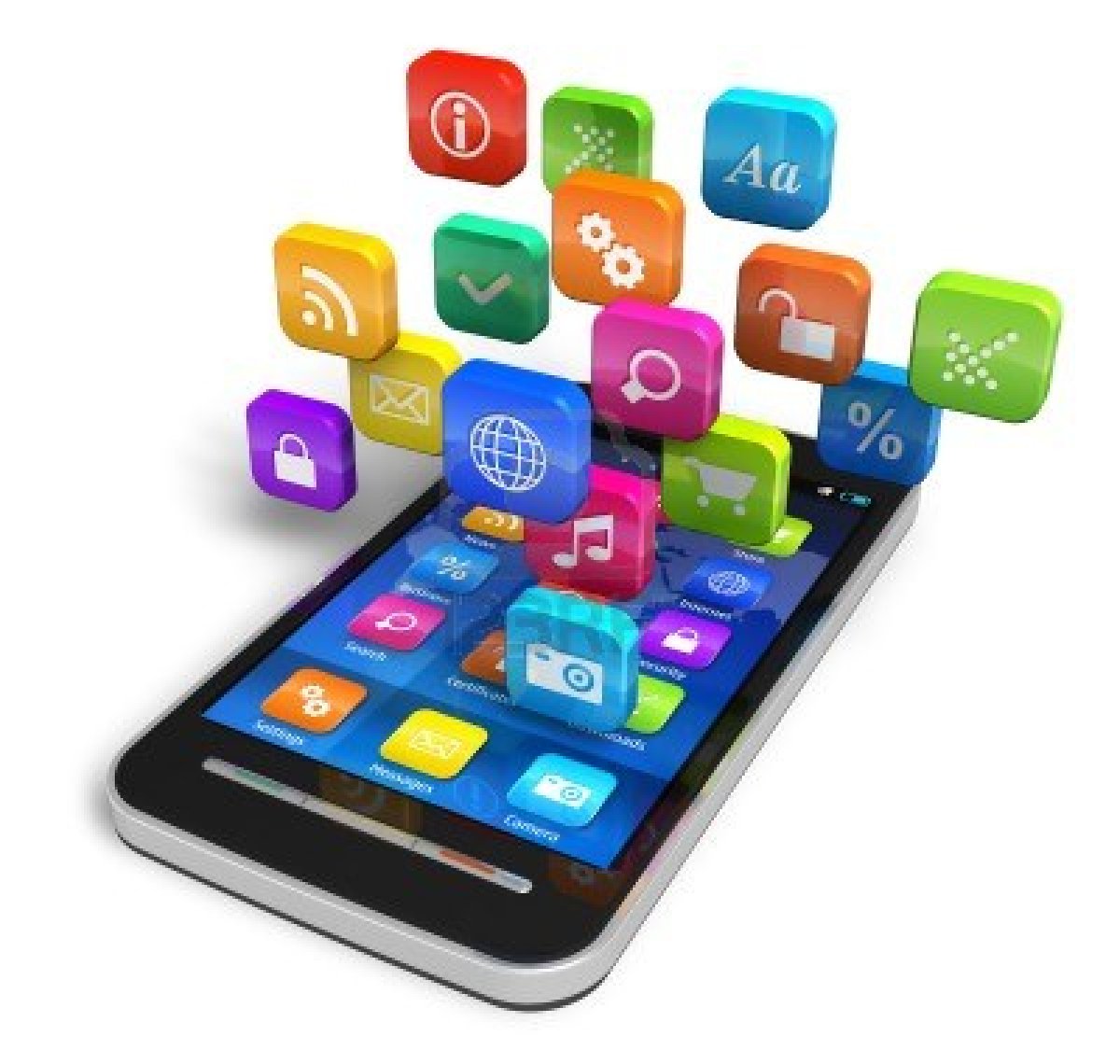Nuance Audio is a new option for people who resist traditional aids, from the company that makes Ray-Bans and operates LensCrafters.
Seekers of Meaning Podcast Posted Online March 7, 2025
What's Next Longevity Deal Talk Episode 32, January, 2025
Presentation: What's Next Longevity Venture Summit, June, 2025

 MIT Technology Review’s "Old Age is Over" is thought provoking. Or in the case of the technology section – "
MIT Technology Review’s "Old Age is Over" is thought provoking. Or in the case of the technology section – " In 2019, Tech adoption changes -- some. It’s known as the
In 2019, Tech adoption changes -- some. It’s known as the  Not adopting tech -- it's not okay. Lacking access to smartphones, Internet, in-home broadband/WiFi cuts oldest out of access to modern telehealth, communication and engagement, in-home sensors, outside-home GPS, fall detection, and device integration with smartphones. The issue of non-adoption, particularly as more health services move online, will become increasingly vexing for service providers of all types. Surveying of the oldest has fallen out of favor, though L
Not adopting tech -- it's not okay. Lacking access to smartphones, Internet, in-home broadband/WiFi cuts oldest out of access to modern telehealth, communication and engagement, in-home sensors, outside-home GPS, fall detection, and device integration with smartphones. The issue of non-adoption, particularly as more health services move online, will become increasingly vexing for service providers of all types. Surveying of the oldest has fallen out of favor, though L